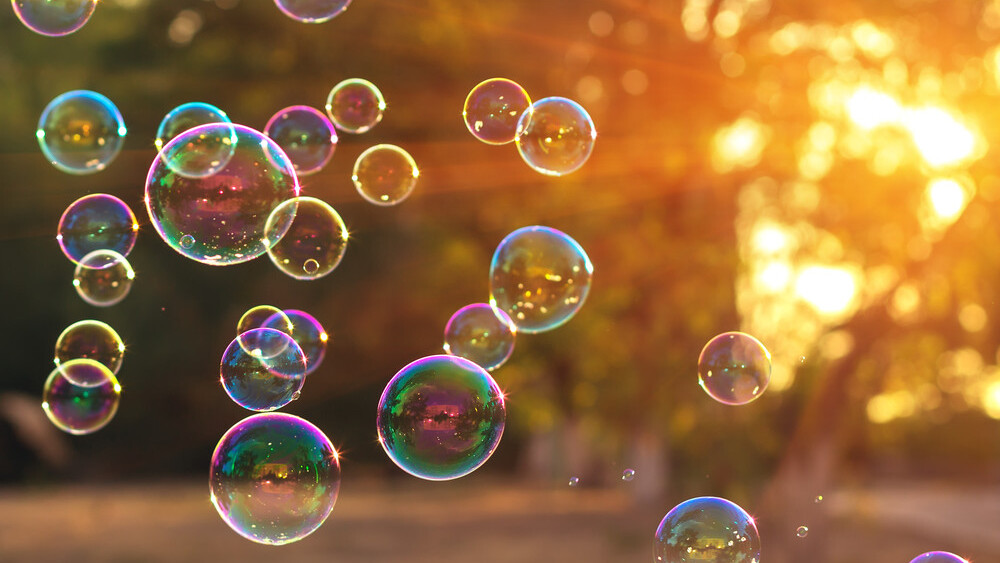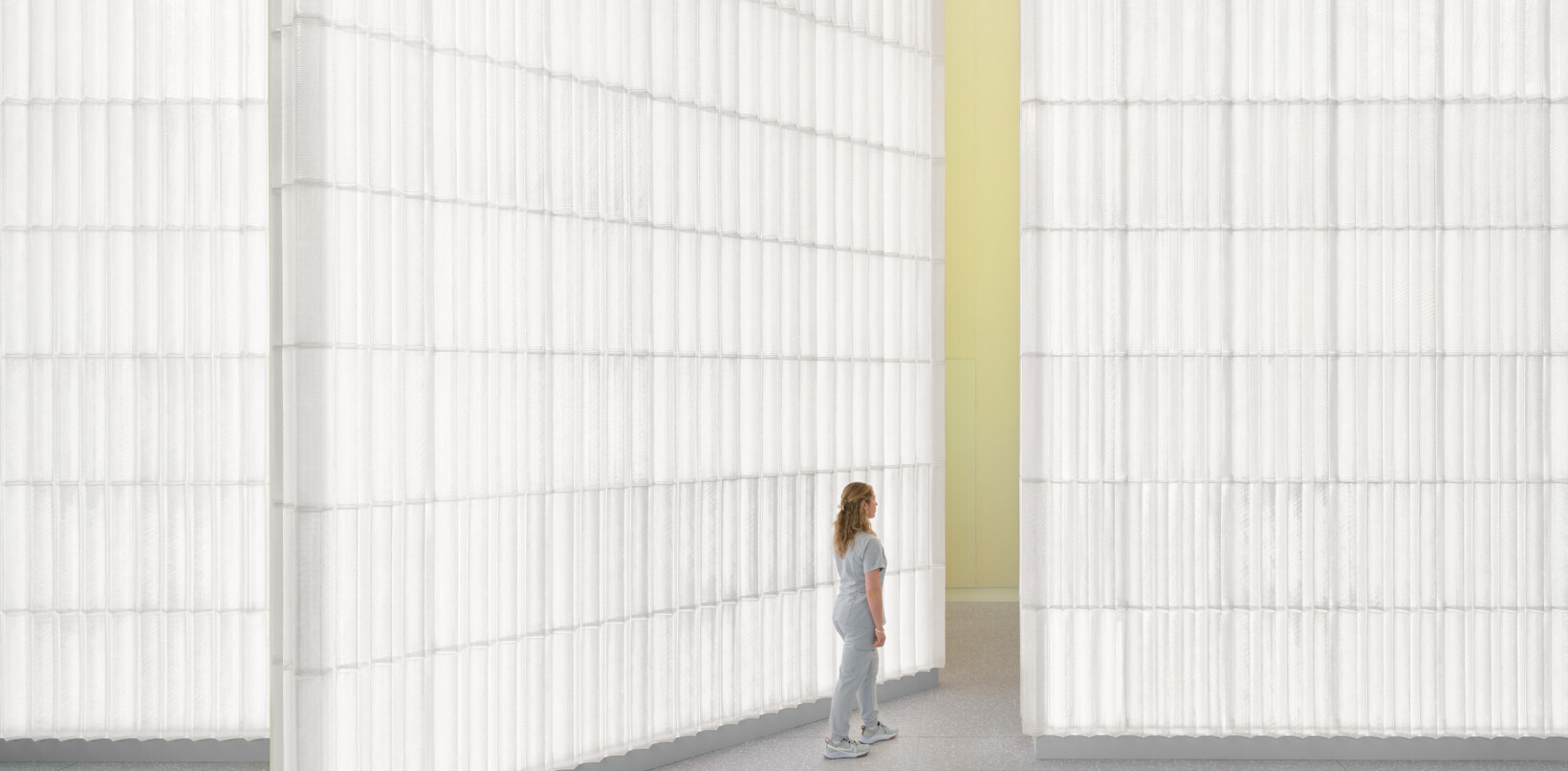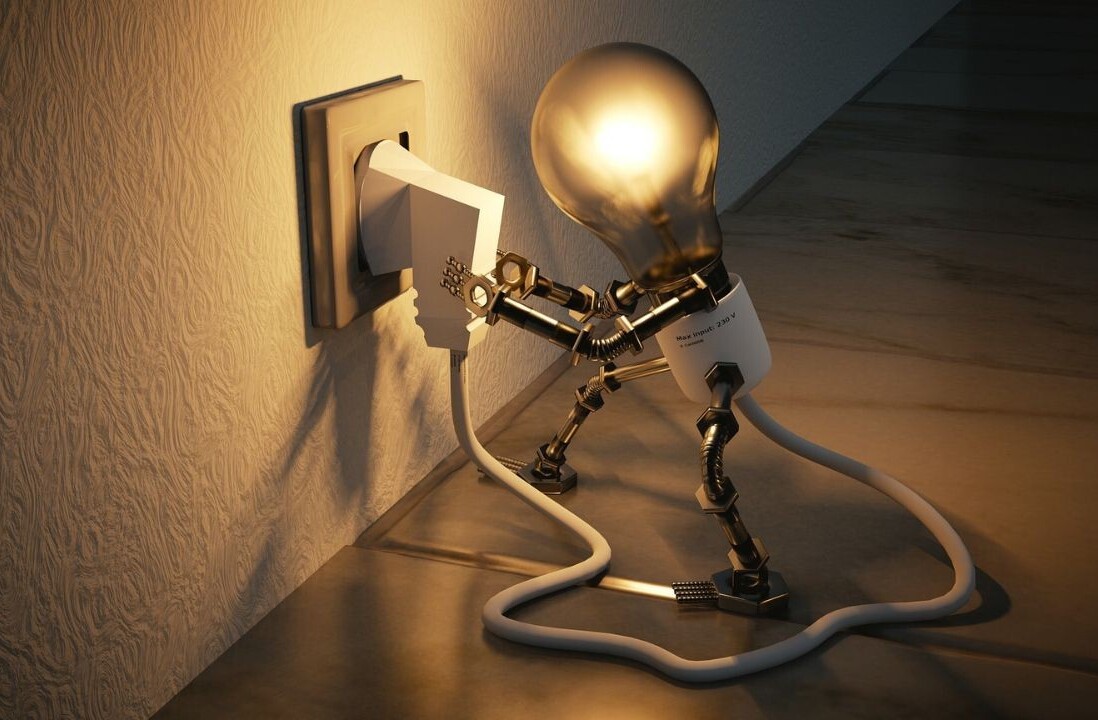
I’m sorry to tell you, but you’re in a bubble.
It’s a bubble made up not only of the work you do, but your friends, the books you read, and your day-to-day routine.
It’s a bubble built from the meals you make each week.
It’s your Monday/Wednesday/Friday gym schedule.
It’s the route you take to work or the favorite coffee shop you write in on Sundays.
Yes, all those things are your bubble.
Your bubble is the safety net you surround yourself with every single day. It’s the routines and schedules that make your life stay stable and on track.
And yes, your bubble is also the building blocks of happiness, meaning, and even creativity. But it’s also a wall — one that separates mediocrity and greatness and that gets harder and harder to cross the higher you build it.
As Japanese author Haruki Murakami puts it:
If you only read the books that everyone else is reading, you can only think what everyone else is thinking.
Your bubble dulls your mind, and when you want to break the mould and change the world, you need a sharp knife to make that first cut.
Have you tried being more interesting?
There’s a great story about the American novelist Barry Hannah that illustrates exactly why we need to leave the safety of our bubble.
Hannah had just returned a student’s story with the criticism this just isn’t interesting,and, as the story goes, the student asked him what can I do to make it more interesting? Deciding she was earnest in her quest to become a better writer, he responded with, try making yourself a more interesting person.

Now, I’m sure this comes across as harsh advice. We like to separate ourselves from our work. It’s the writing that is uninteresting in style or structure or substance, not us. Because to accept the opposite is to accept the whole of the responsibility for our own work. To say that the issue is in our own character, not in our skill.
Looking at it in a slightly warmer light (and taking away a bit of Hannah’s swag and candor), writer and artist Austin Kleon in his book Show your work, suggests we think of ‘being interesting’ in the way author Lawrence Weschler does:
For him, to be ‘interest-ing’ is to be curious and attentive, and to practice ‘the continual projection of interest.’ To put it more simply: To be interesting, you have to be interested.
‘Being interested’ as Kleon goes on, means being curious about the world around us. To constantly ask questions and take in new information. As J. Maureen Henderson says to her students:
There are many roads to becoming an interesting person, but they all involve developing your curiosity and your desire to know and understand — yourself, others, the world around you.
Curiosity, all of the above would argue, is that one trait that will help bring you a better understanding of life, the people around you, and of yourself. Especially in an industry where we’re all expected to read the same things, repeat the same mantras, tow the startup line, it’s incredibly important to remember to look up once in a while and gaze beyond the horizon.

It’s only through this deep curiosity for the world at large, not just the things in our comfort zone, that allows us to do the kind of thinking that changes peoples’ lives — that changes the world.
Facing the unknown
There’s just one problem with this solution: We naturally fear the unknown.
So much so that studies of basic human nature show that we fear an unknown outcome more than a known bad one. We’re actually willing to hurt ourselves just to avoid facing the unknown.
It’s why bad habits are so hard to break: We prefer the devil we know.
When faced with situations outside our bubble we feel increased anxiety and pressure. And this uncertainty causes us to respond more strongly to negative experiences.
So, when we do finally get outside of our bubble and something does go wrong, that moment stays with us in a way that a positive one doesn’t. It’s so much easier for us to just confirm our beliefs that we know best and return to the safety of the known.

But the longer we give in to these fears, the smaller our comfort zone becomes. And the less likely we are to try new things and push our boundaries.
Being curious and actively engaging with the unknown and unfamiliar doesn’t just make us smarter, it actually makes us better equipped to handle life.
In one study published in the Journal of Personality and Social Psychology in 2002,researchers predicted that high novelty-seeking (or curious) toddlers would have higher IQs as older children than their less curious counterparts. Almost 2000 children were observed at 3 years old and then 8 years later, their cognitive abilities were measured to see if there was any correlation between the two. In the end, the study showed that those children who showed more curiosity as a child averaged 12 points higher on their IQ scores.
Not only that, but a broad curiosity also contributes to our overall level of happiness. In his book, Stumbling on Happiness, Harvard psychology professor Daniel Gilbert explains that, while we might think we know what will make us happy in the future, we are actually less likely to find joy as a result of a planned pursuit than by simply stumbling upon it.
Staying within our bubble may keep us safe from anxiety, but discovering some profound human truth when we least expect it is what makes life magical.
Take it all in until it oozes out of you
For life to be worth living — for us to be happy and creative and productive and find meaning in how we spend the hours we have—we need to experience all aspects of it.
It’s only through divergent experiences and thoughts that we can create new and interesting art and ideas.
Swedish writer Dorothe Nors explains how, through experiencing everything life has to offer, we’re able to become the kinds of artists and people that create with meaning:
All human beings have these moments when we feel this outpouring, our ‘soul volume,’ being pushed out from us like toothpaste from a tube.
Everyone feels this, but artists try to capture the feeling through art, contain it within some permanent form of expression. And when I read a good text or see a good movie or enjoy a good piece of art — it is the humanity, this poured-out human experience, that I detect.
Great art oozes with humanity. It’s the culmination of vast experiences that can no longer be contained. When you open your mind to everything, especially those events and ideas outside your bubble, you fill your mind with what resonates with the world. You become a vessel for human truths.

And there’s no better way to fill yourself to the brim than to engage with those people who are already going to burst.
When we launched our Makers podcast and interview series, the idea behind it was to follow the advice of all of the experts above—to talk to people outside of our comfort zone, to push our knowledge beyond what it currently is, and to find insight from those who have chosen wildly different career and life paths than us: writers, fashion designers, artists, and thinkers of all persuasions.
In each episode, we’ve spoken with people who live wildly different lives than us. The kinds of people we’d most likely never meet in our day-to-day routines from the man behind a multi-million dollar fashion empire to a group of friends helping to preserve the Amazon rainforest to an entrepreneur-turned-author.
Every conversation is a chance to break down the walls of our comfort castle. To find ways to fill our own lives with the experiences of others and grow our perspective, curiosity, and overall happiness.
It’s okay to have a bubble. Hell, for most of us it’s the only way we know how to live.
But once in a while we need to step outside, to look for those things beyond the usual that will enlighten us, inspire us, and bring us joy. Every single day we’re shown opportunities to step beyond our bubble and experience life to the fullest until we can’t help but let it ooze out of us and into everything we do.
Everything you could ever imagine is out there somewhere. You just have to open your eyes and look for it.
Get the TNW newsletter
Get the most important tech news in your inbox each week.




